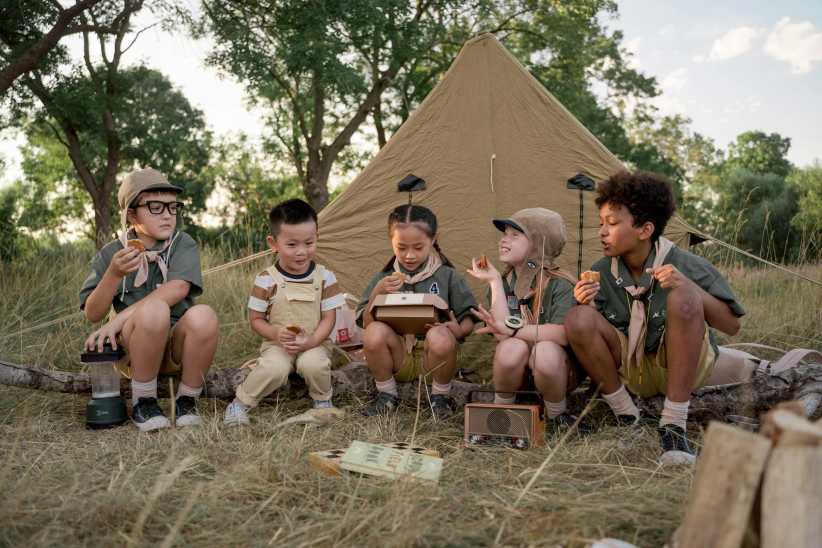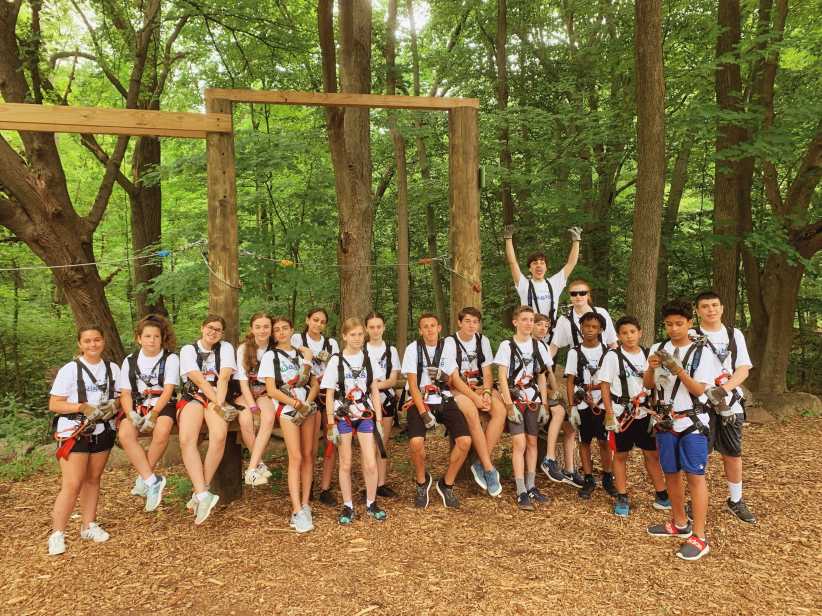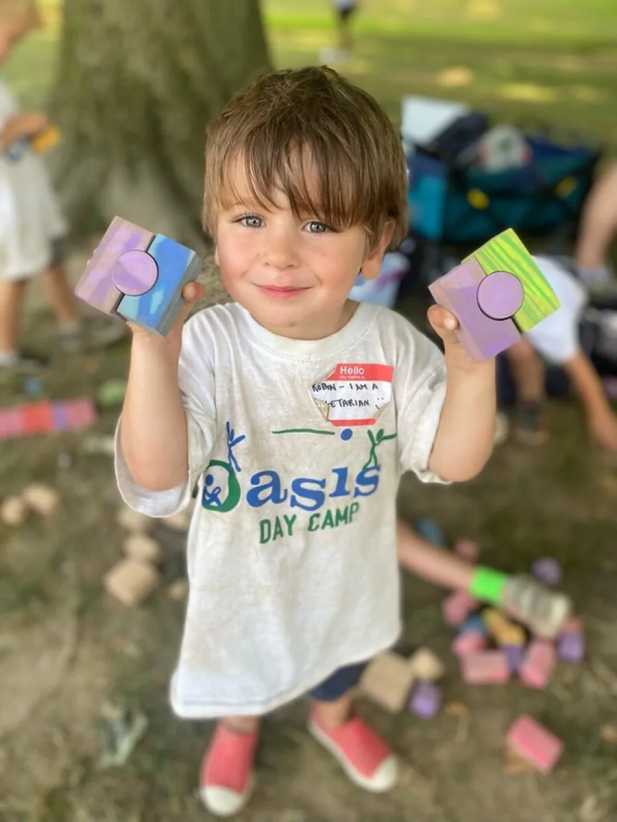
When looking for a summer camp for your child, take some time to think about what kind of experience you want for your child. Think about the type of child you have, which activities are most important, and the camp environment you want your child to be in. You can start your research by talking with friends and neighbors, but remember that choosing a camp is an individual choice, and what works for one child might not be the best fit for yours. Visit camp websites and read about a camp’s philosophy, program emphasis, and mission. Once you narrow down your choices, compile a list of questions you have and call the camp directors. This is where your journey with the camp director begins.
Getting to know a camp director, and partnering with him or her, is one of the most important parts of choosing a camp. Your child will get the most out of the summer camp experience when you recognize that this is a partnership between you and the camp director. “The importance of having a parent partner with the camp director can’t be understated,” says Mark Newfield, owner and director of Iroquois Springs, a co-ed sleepaway camp in the Southern Catskills. “As a camp director, we are taking care of parents’ most prized possession. The more detailed information the director has, the better prepared the director will be, which will ensure the highest level of success for that particular camper.”
From the first phone call or meeting at a camp fair, make sure you describe your child. Remember to be honest and candid. “Parents should know that the camp director is their ‘partner in parenting,’ and the more they share, the more we can help,” says Ross Coleman, owner and director of Coleman Country Day Camp in Merrick, NY. “We take privacy very seriously, and we carefully regulate who has access to sensitive information.”
Discuss how your child behaves in social situations, how he or she does on playdates and overnights, what teachers say about your child, and if your child has anxiety or fear of new situations. These are all important things for a camp director to know. Don’t feel like your child is being judged—a camp director just wants to make sure your child has a successful summer at camp, and getting to know your child through you will help the director know if the camp is the right fit. It will also help the director with bunk placement and with where to place staff. “Since children often use their behavior rather than their words to tell us what’s bothering them, having advance understanding of areas that might be challenging for them really helps the camp director understand the messages in their actions, which in turn enables us to set children up for success,” Coleman adds. “If we have to wait for such a problem to reveal itself, we have lost valuable time in supporting that child.”
When speaking with the camp director, you also want to feel like all your questions are being answered and that they are happy to do so. Ask about how bunk issues are handled, what happens if your child doesn’t like the food, and what to do if your child gets homesick at camp. Inquire about who you can speak with about any of these situations when your child is at camp. Keep in mind that camp professionals work on camp matters 12 months of the year and focus on child development. They consult with child psychologists and attend professional development conferences on common dynamics and situations that arise at camp. In the end, you are entrusting the care of your child to the camp director, so you need to make sure you are comfortable with them and how they handle various circumstances.
Meeting with the camp director in person is another good way to get to know him or her. When possible, visit the camp in session the summer before your child goes. This allows you to ask questions in the camp environment and get a real feel of what the camp is about. If you can’t tour camp the summer before, day camps and some overnight camps offer tours in the off-season, giving you a chance to see the facilities. Camp directors will also do home visits, which are invaluable, allowing for undivided attention in a relaxing setting—your home. Encourage your child to ask questions on the camp tour or at a home visit so they feel part of the process.
By the time you decide on a camp, you should feel like the director understands who you and your child are and that you have gotten to know the director. You should walk away feeling like you can bring up any issues that might arise.
After you have decided on a camp, make sure you have given an honest assessment of your child to the director. “As a camp director, we are equipped to work with all kinds of campers, but in order for our staff members to be prepared, we must know everything,” Newfield says. “It doesn’t make sense to hold back important social, medical or emotional information in order to ‘protect’ your child in some way. The more we know, the better we can be.”
After you register, camps will send you basic information and medical forms which will allow you to comment on food allergies, bed wetting, behavioral issues, anxiety, or anything else that will be important for the camp director to know ahead of time. If something is going on at home such as a death in the family or a recent divorce, share this as well. If you aren’t upfront, it will make the camp adjustment unnecessarily harder. “If a parent isn’t comfortable writing down issues, it’s absolutely fine to ask for an in-person meeting and to specify at that time how broadly or narrowly you wish the information to be communicated to others,” Coleman explains. “You should know, however, that safety is the number one priority, so it is advisable to encourage the camp director to share personal information with those who are entrusted with your child’s care.”
As camp approaches, attend a new camper get-together if your camp offers it. This is another great opportunity for you and your child to get to know the camp director and staff. It will also make your child feel more comfortable with camp before the first day. If your child is feeling nervous about camp beginning, you should feel like you can call the camp director for advice on how to prepare your child for the first day. The camp director and staff are well-trained in this area, and have a lot of experience helping families get their children ready for camp.
Once your child is at camp, trust the camp professionals to do their job. You have educated them about your child so you should have faith that they will take good care of him or her. This doesn’t mean parents shouldn’t feel like they can’t address issues, but parents need to untether themselves from their children. Allow your child to solve problems on their own and with counselors. Children gain confidence when they are able to figure things out by themselves. Remember, one of the reasons you are sending your child to camp is to gain independence, among other things.
It’s important that parents don’t let a problem or situation fester. Don’t wait until visiting day or when camp is over to bring up things that were bothering you about your child’s camp experience. When addressed, most situations can be handled very quickly, so it’s better to confront anything that might be bothering you early on.
Bottom line: The camp director is your partner, so share information about your child and keep the lines of communication open. Your child will have a richer summer camp experience when you work together with your camp’s leadership team.























